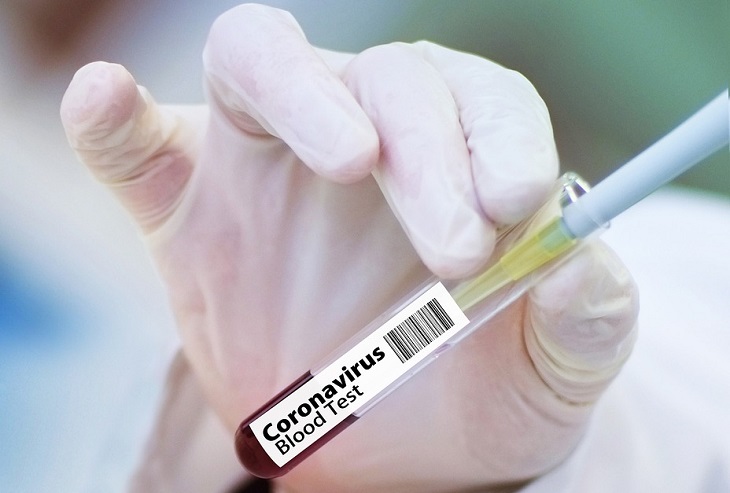AstraZeneca COVID-19 vaccine (ChAdOx1-S [Recombinant]), when given as a third dose booster, increased the immune response to Beta, Delta, Alpha, and Gamma SARS-CoV-2 variants.
At the same time, a separate analysis of samples from the trial showed an increased antibody response to the Omicron variant.
The results were observed among individuals previously vaccinated with either the AstraZeneca COVID-19 vaccine or an mRNA vaccine.
A separate Phase IV trial reported in a preprint with The Lancet on SSRN showed that a third dose of AstraZeneca COVID-19 vaccine substantially increased antibody levels following a primary vaccine series with CoronaVac (Sinovac Biotech).1
“AstraZeneca COVID-19 vaccine has protected hundreds of millions of people from COVID-19 around the world and these data show that it has an important role to play as a third dose booster, including when used after other vaccines,” Sir Mene Pangalos, Executive Vice President, BioPharmaceuticals R&D, AstraZeneca, said.
“These important studies show that the third dose of AstraZeneca COVID-19 vaccine after two initial doses of the same vaccine, or after mRNA or inactivated vaccines, strongly boosts immunity against COVID-19,” Professor Sir Andrew J Pollard, chief investigator and director of the Oxford Vaccine Group at the University of Oxford, said
“The latest AstraZeneca COVID-19 vaccine data show the vaccine, when used as a third dose booster, increases the immune response against all variants of concern, including when used after other vaccines. This is of particular importance considering the spread of the Omicron variant.
This is really positive news for Sub-Saharan Africa, where over 70M doses of the AstraZeneca COVID-19 vaccine have been supplied, and where countries are striving to attain their vaccination targets and some are beginning to roll out booster programs,” Barbara Nel, Country President, Africa, AstraZeneca, said.
The D7220C00001 safety and immunogenicity trial showed that the AstraZeneca COVID-19 vaccine continued to be generally well tolerated. Further analyses from the trial are expected in the first half of 2022.

